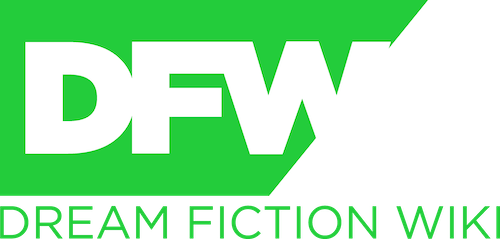Kalharia is a parliamentary republic with the territory on the east coast of Beringia, in the Caribbean and in the South Pacific. The Beringian portion is the largest geographically and, by far, by population.
The modern country of Kalharia was formally established on 1st September 1919. It was created from the territories of the German colonial empire that were deemed fully German in culture and language and therefore unsuitable for administration by the United Kingdom or France.
Kalharia's capital and largest metropolis is Concord. Other large settlements on the mainland are Treichard, Blüdhaven and Kreussburg, while Deutspord and Schwarzberg are the largest cities in the country's Caribbean and Pacific territories respectively. Kalharia is a developed country with a market economy and a high standard of living. Its major industries are manufactured consumer and industrial goods, engineering, technology and processed raw materials. It upholds social welfare, universal healthcare and environmental protection systems, and has high levels of education, skills and technology penetration.
History[]
Pre-European settlement[]
Evidence shows that humans were present in modern-day Kalharia at least 50,000 years ago. Although the land is rich in natural resources, the extreme seasonal variation in climate precluded permanent human habitation until farming and food preservation technologies had developed sufficiently.
By the middle of the Bronze Age, the various tribes had intermixed to the extent that they began to consider themselves a single people, the Kalhar people, with this term the source of the name Kalharia. The Kalhar confederation was remarkably stable, lasting, in various configurations, until the arrival of European settlers in the late 16th Century.
European settlement[]
German Empire[]
Versailles and independence[]
Modern Kalharia[]
Politics[]
Kalharia is a unitary, parliamentary, representative democratic public. The Kalharian political system operates under a framework laid out in the constitutional document known as the Grundgesetz (Basic Law), which was adopted on independence in 1919. Amendments to the constitutional law must be approved by voters in a referendum.
Legislative power is vested in the Landestag, which is directly elected by universal suffrage. The Landestag holds supreme sovereignty over all state activity, except where this power is explicitly limited or delegated elsewhere by the Basic Law. When the Landestag reconvenes following an election, its first duty is to elect a Kanzler (chancellor) from among its number, who functions as both head of state and head of government and appoints a Landeskabinett (cabinet). The Landestag delegates some of its powers to the cabinet, which then - under normal circumstances - exercises executive power and oversees the day-to-day running of the state. The Kanzler chairs the cabinet, but remains strictly primus inter pares except when the cabinet is divided. The chancellor and the cabinet remain accountable to the Landestag and must maintain its confidence: the Landestag can overrule a decision made by the cabinet, or dismiss it entirely.
Kalharian politics is dominated by the populist Volksbewegung (People's Movement, VBK), which has won every election since independence in 1919. Elections are universally regarded as being free and fair, and smaller parties are regularly elected to the Landestag, but the VBK remains firmly entrenched as the party of power. The long-term dominance of the VBK has given Kalharia a high degree of political stability.
Local government[]
Kalharia is divided into twenty Kreise (districts), which serve as units of local government. Each district has its own elected council. The districts are responsible for the administration of services such as education and social welfare, but they lack legislative autonomy and have only the powers explicitly delegated to them from the national government.
The districts are, in turn, divided into Gemeinde (municipalities), which are the lowest level of government and responsible for small-scale, local matters. There are two types of municipality: Stadtgemeinde (urban municipalities) and Landgemeinde (rural municipalities). The two types of municipality have identical powers and receive the same levels of funding, but status as an urban municipality confers on a place the right to call itself a town. Decisions at municipal level are made by the elected municipal council.
